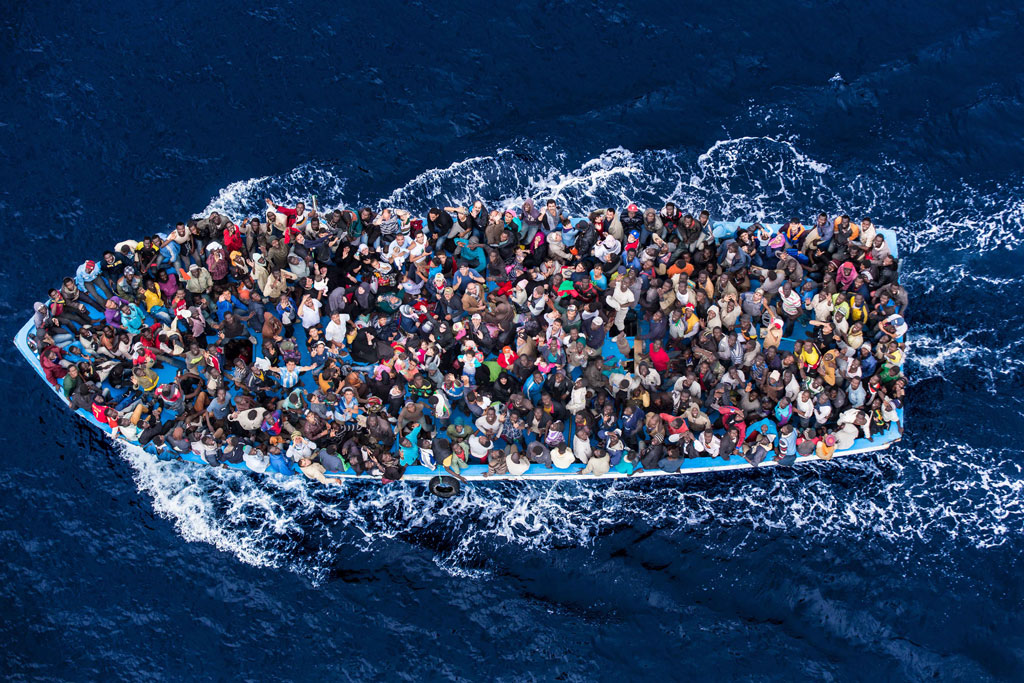
Migration crisis has been trending across the continents today, with Europe being the most visible and calamitous to a certain extent. Migration as such in itself is deeply intertwined with geopolitics— an arena where it brings out the political and geographical factors at play. It also brings out the various ambiguities, inconsistencies in the ideologies or frictions in the very social fabric— which are well expressed through organizational outfits, States or individuals.
The very idea of migration as a novel concept in contemporary times is at odds with the global history of colonization, trade, employment etc. This phenomenon can be dated back to the movement of early humans from the African continent, followed by climate-change induced migration, and forced transportation of plantation workers from Asia and Africa by colonists. Today, migration is more about exploring better life chances, escaping a civil strife or any sort of repression. Indeed what comes into play here is the concept of modern nation-state and global citizenship.
The world is increasingly moving towards a more integrated and connected world where the modern nation-state is guided by the principles of global capital and technologies, never mind the rise of protectionist measures, which existed even in past and yet there was human movement. Clearly, then migration is not subject to protectionism and revisionist ideologies, albeit they can delay the process but not stop it. At its maximum potential such policy interventions and measures can only manage migrations through differentiation basis race, religion and gender— though not holding sway over the phenomenon.
A migrant then is just another form of categorization which may or may not be visible depending upon the geopolitical history. Sometimes those visible can even be subjected to ethnic cleansing—the Rohingya Refugee crisis being a case in point here.

The Rohingyas are one of the ethnic minorities of Myanmar with a population of around one million (2017). Notably, they also represent the largest percentage of Muslims in the country, mainly living in the Rakhine state. They have their own unique culture and essentially identify their ancestors as the Arab traders of the past. In 2012, the Rohingyas on account of being Muslims in a predominantly Buddhist country were refused citizenship, along with being excluded from the 2014 census as they are viewed as illegal immigrants from Bangladesh. Last few years have been marred with mass exodus of Rohingyas to different nations— with majority heading to Bangladesh, where it has now led to a refugee crisis; and Bangladesh’s PM Sheikh Hasina now seeking UN help. There have been reports of alleged abuse and communal violence by local Buddhist mobs with at least 288 Rohingya villages being partially or totally destroyed by fire in northern Rakhine state since August 2017. UN has categorically stated that the Rohingya Violence and exodus is the “world’s fastest growing refugee crisis”. In fact, the Organization of Islamic Cooperation recently in statement said that the treatment of Rohingyas amounts to “serious and blatant violation of international law.”
Clearly then migration is not just about movement of people, but the policies, practices and processes which have been installed in context of a certain geopolitical history across space and time. What is more fundamental here is also that such situations reflect the inherent instability of the political system and policy infrastructure of nations.